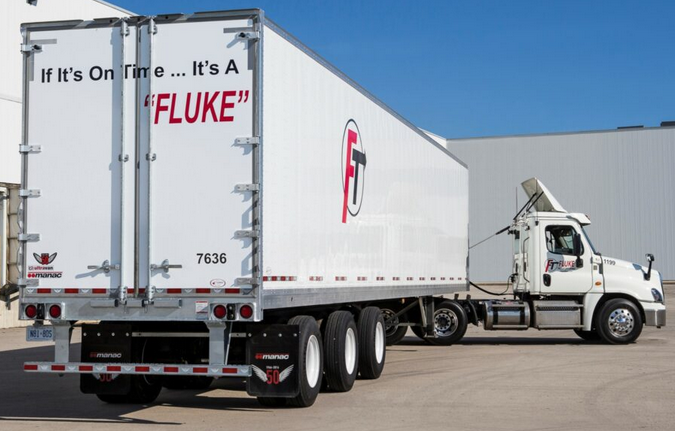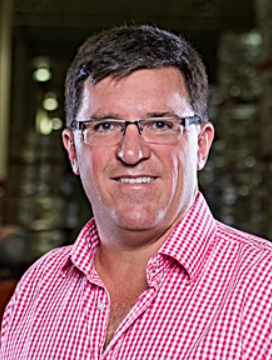 By Pepper Parr
By Pepper Parr
April 1st, 2023
BURLINGTON, ON
We all know about it.
Those who believe it want to do something about it.
Those who don’t believe there is a climate problem are beyond the pale.
The issue for most people is: What can I do on a daily basis? I put my blue box out, I do what I can to conserve energy. An electric car doesn’t fit in with my budget this year and probably not next year as well.

Thousands of years of ice accumulation are now beginning to melt and in the process changing water temperature that impacts the environment around the world.
The corporate sector know something has to be done. When we see film clips of those huge glaciers calving and dumping tonnes of ice into Antarctic waters we know that the climate is getting a lot warmer and that we are close to the point where we won’t be able to maintain that 1.5 C increase if we don’t take action now. And so far we aren’t doing all that well.
The United Nations report on Intergovernmental Panel on Climate Change (IPCC) tells us we are closer than we should be to that tipping point. The Report underscores the urgency of taking more ambitious action and shows that, “if we act now, we can still secure a livable sustainable future for all.”
The federal government keeps pushing back the date at which we will succeed in limiting temperature rise to 1.5 degrees Celsius
This decade is seen as our last window of opportunity to turn things around. We’ve developed the science, models and action scenarios that give us the power to make a critical impact through our daily actions. We’ve made the ending of the climate crisis a game that anyone can play and together, as a critical mass of individuals can win.
2030 is seen as the date by which we have to have begun to lower green house gas emissions to the point where the 1.5 C increase is met.
There is a trucking company: “If it’s on time – it’s a Fluke” that has a fleet of 100 tractor trailers that focus on the shorty haul part of the logistics business Steve Foxcroft, President of Fluke said recently that their clients are asking them when they will begin using trucks powered by electricity from batteries rather than the diesel fuel they use now.

Converting a fleet of 100 trucks is not a task that gets done quickly – the capital costs are huge.
“We would like to do that tomorrow” said Steve Foxcroft, President of Fluke Transportation, “but the costs of converting are not small. An electric tractor costs 3 times is as much as a diesel tractor and the charging stations are not cheap”
“We will eventually buy our first electric tractor and install a charging station but it will be a long time before our fleet is fully electric.”

Steve Foxcroft, President of Fluke Transport.
Foxcroft explained to the Gazette the problem he faces with the 100 tractor trailer fleet he operates that all run on diesel fuel. “We train our drivers to idle their engines as little is as possible and we instruct them on how to drive their trucks to get the best they can out of the fuel they use”
One of the concerns the logistics sector has is the availability of charging stations within their market area. “The last thing we need” said Foxcroft, “is to have a trailer with a load of time sensitive product running out of energy and not close to a charging station. Think about those gas stations you see on some highways with 25 trucks parked while the driver has stopped for a meal – is that location going to have 20 charging stations for trucks to use ?”
 “We are going to need charging stations in our yard with the capacity to charge every tractor overnight – the capital costs are scary.”
“We are going to need charging stations in our yard with the capacity to charge every tractor overnight – the capital costs are scary.”
Fluke was chosen as short haul carrier of the year in 2019 by Coca Cola, “It is corporate giants like Coca Cola that want to see us begin using electric tractors – they understand that the public wants to see environmental related changes taking place. – so it is coming”, said Foxcroft, “and I will be a proud executive the day that first tractor rolls into our yard but it isn’t going to be this year.
So we aren’t out there kicking tires yet, but we will eventually and I’d like to see us as a leader in this change. When that happens said Steve – it won’t be a Fluke; change will come about by corporations that do the long term planning..















This is a great company with great leadership, and would like offer some comment as I’ve become interested in government policy as it relates to Climate Change over the last few years.
Before making expensive investments, I would suggest business leaders investigate the source and understand the root of climate change claims. Specifically the IPCC reports IPCC_AR6_SYR_LongerReport.pdf
It’s filled with dire warnings that, if acted upon with have significant impacts on humanity – we’ve recently seen these policies have exact opposite of their intent in places like Sri Lanka and Germany.
If one reviews the most recent IPCC report there little data or analytics to back the claims. I’m not debating that CO2 or CH4 is increasing in the atmosphere, but specifically commentary regarding flooding, severe weather events and so on and more specifically understanding natural “background” global changes versus man-made induced changes and reliability of climate models used for future predictions.
Recently more and more respected scientists have written and spoken on their concerns with the IPCC reports. This includes Dr. Judith Curry, Dr. Steven Koonin, Dr. Richard Lindzen, and Bjorn Lomborg to name a few.
Here’s a excerpt written by Dr. Steven Koonin published in the Wall Street Journal. “Climate Change Brings a Flood of Hyperbole” illustrating one of the many issues with the IPCC reports.
“Previous climate-assessment reports have misrepresented scientific research in the “conclusions” presented to policy makers and the media. The summary of the most recent U.S. government climate report, for instance, said heat waves across the U.S. have become more frequent since 1960, but neglected to mention that the body of the report shows they are no more common today than they were in 1900. Knowledgeable independent scientists need to scrutinize the latest U.N. report because of the major societal and economic disruptions that would take place on the way to a “net zero” world, including the elimination of fossil-fueled electricity, transportation and heat, as well as complete transformation of agricultural methods.”
Note that Dr. Steven Koonin, among many impressive roles was the former Undersecretary for Science, U.S. Department of Energy under the Obama Administration.
So, my comment to business leaders, do your research carefully when making investments related to climate change, to ensure it will have the intended consequences that you are looking for, just like you would make for any other business decision.